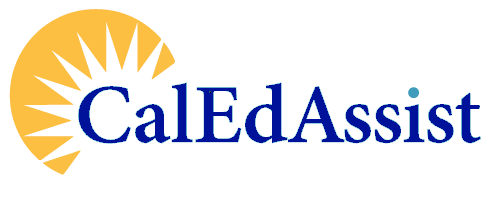Promote innovative solutions beyond traditional K-12 education
Aging out of foster care in California presents significant challenges
Even with the extended foster care system in California, young adults aging out often lack independent living skills. Approximately 33% of individuals leaving the foster care system experience homelessness, only 55% graduate high school, and by age 24 only 50% have secured employment. Within two years of aging out, about 50% will have spent at least one night in jail. These statistics underscore the critical need for comprehensive support systems to assist foster youth in successfully navigating the transition to adulthood.
Four years of college isn’t the only route to success
Vocational training and tutoring services are vital resources that cater to diverse learning needs and career paths, offering students practical skills and personalized support. Vocational training provides hands-on experience in specific trades or technical fields, such as carpentry, healthcare, or IT, equipping individuals with the expertise needed to enter the workforce directly after completing their programs. This alternative to traditional four-year college education opens up pathways to well-paying jobs and career advancement.


